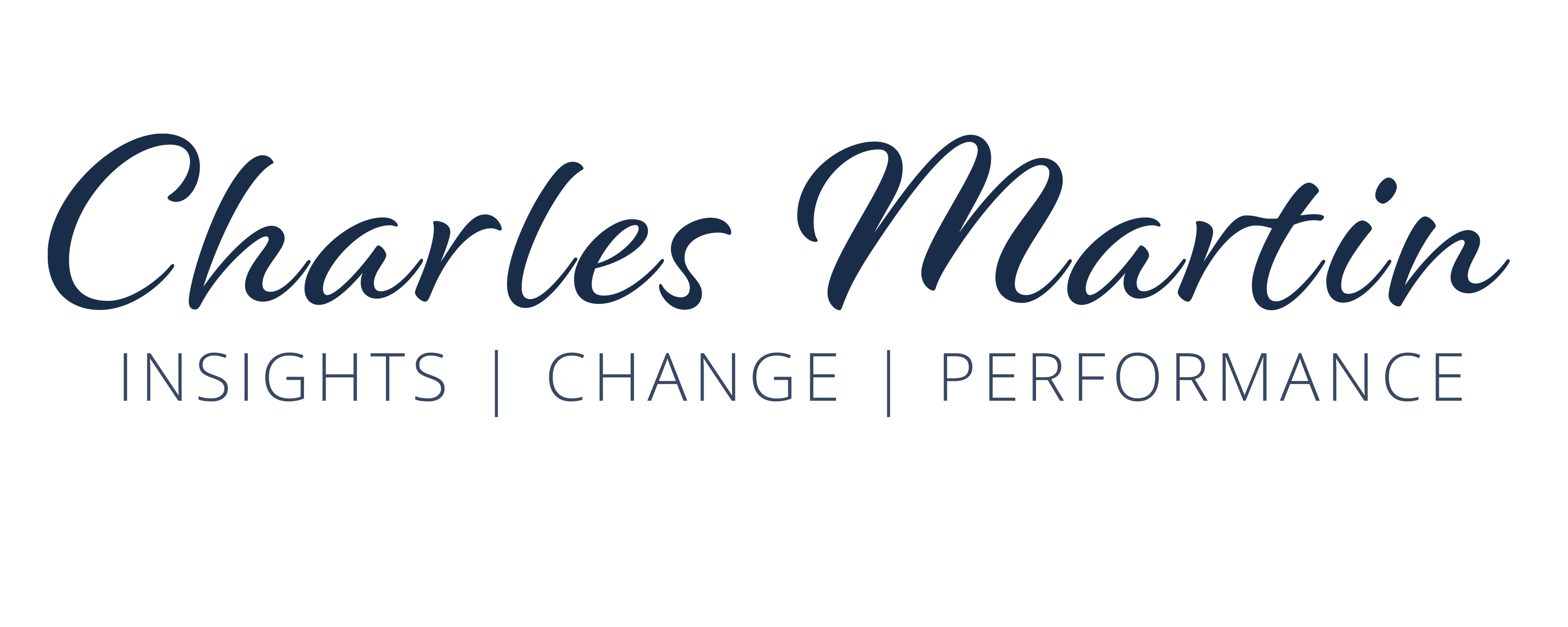Trust in Leaders
What do we look for in people who we want to trust?
Trust is an issue. No doubt about it. Do you trust the government? Do you trust your employer? Do you trust your leaders?
Trust is important because it is one of the foundations of relationships and key to long term sustainability and success. If trust is lost in leaders, then inevitably performance suffers.
So what do we look for in people who we want to trust?

We look for common values, aligned interests, integrity, competence, ability to listen and engage, and benevolence (care about our welfare). In organisations it is similar, we look for evidence that they have our best interests at heart and will safeguard our interests for the benefit of all.
As new forms of working evolve, organisations and leaders need to be open and honest in their communication to manage expectations about life back in the office, recognising that it will be compared with the home office and potentially new lifestyles, and with memories of the pre-Covid work environment.

To demonstrate care, leaders should think beyond safety and social distancing plans, and how they can communicate empathy by showing they understand the struggle and uncertainty everyone is feeling during the transition back to into offices and work environments.
Leaders may benefit from taking a “rational” coaching approach and not just recognising but also communicating what is in their control and what isn’t. Evidence of control and monitoring of those elements will build trust and provide comfort. Communication does not have to be explicit and can be symbolic as well, such as allowing cleaners to clean offices during the day.
Trust is never static and whilst it has been central to the managing of the pandemic, leaders will have to make conscious daily decisions to nurture and build trust again in their teams, departments, organisations, and communities.
